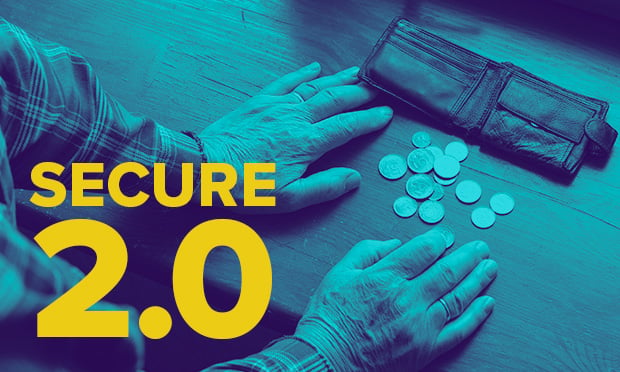Financial stress is taking a toll on American workers, not just on the job but on their efforts to save for retirement.
That’s according to a survey from Charles Schwab’s Retirement Plan Services, which finds that financial stress has affected the job performance of many employees, and coping with everyday finances is putting a strain on retirement savings, too.
Survey respondents, half of whom actively save for retirement in a 401(k) and the other half of whom do not, are united in saying that financial stress has had an impact on their job performance—undoubtedly not good news for employers.
Continue Reading for Free
Register and gain access to:
- Breaking benefits news and analysis, on-site and via our newsletters and custom alerts
- Educational webcasts, white papers, and ebooks from industry thought leaders
- Critical converage of the property casualty insurance and financial advisory markets on our other ALM sites, PropertyCasualty360 and ThinkAdvisor
Already have an account? Sign In Now
© 2024 ALM Global, LLC, All Rights Reserved. Request academic re-use from www.copyright.com. All other uses, submit a request to [email protected]. For more information visit Asset & Logo Licensing.








